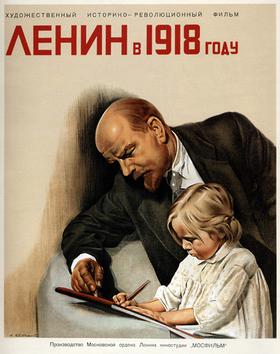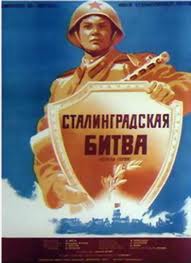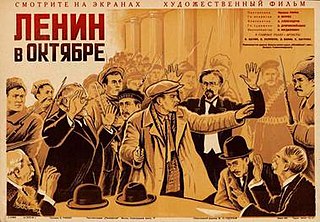Nikolay Fyodorov may refer to:
Nikolay Kuznetsov or Nikolai Kuznetsov may refer to:
Nikolai or Nikolay is an East Slavic variant of the masculine name Nicholas. It may refer to:
Popov, or Popova, is a common Russian, Bulgarian, Macedonian and Serbian surname. Derived from a Slavonic word pop. The fourth most common Russian surname, it may refer to:

Taganrog Museum of Art was officially inaugurated in 1968, but the basis of the museum collection was formed by the end of the 19th century, when the art department of the Taganrog's city museum was established.
Nikolay Sokolov or Sokoloff may refer to:

Lenin in 1918 is a Soviet biographical drama film released in 1939. It gives the background of the Russian Civil War after the October Revolution.
Kolesnikov or Kolesnikova is a Russian surname which means "son of wheelwright". Notable persons with that name include:
Nikolay Markov may refer to:
Nikolay Ivanov, Nikolai Ivanov, or Nikola Ivanov may refer to the following notable people:
Nikolay or Nikolai Belov may refer to:
Nikolai Vasilyev may refer to:

The Battle of Stalingrad is a 1949 two-part Soviet war film about the Battle of Stalingrad, directed by Vladimir Petrov. The script was written by Nikolai Virta.
Nikolai Aleksandrovich or Nikolay Aleksandrovich is a Russian male given name. It may refer to:

Lenin in October is a 1937 Soviet biographical drama film directed by Mikhail Romm and Dmitri Vasilyev and starring Boris Shchukin, Nikolay Okhlopkov and Vasili Vanin. Made as a Soviet-realist propaganda work by the GOSKINO at the Mosfilm studio, it portrays the activities of Lenin at the time of the October Revolution. All Stalin scenes were expunged from the film for its reissue in 1958.
Nikolai or Nikolay Baskakov may refer to:
The leaders of the Russian Civil War listed below include the important political and military figures of the Russian Civil War. The conflict, fought largely from 7 November 1917 to 25 October 1922, was fought between numerous factions, the two largest being the Bolsheviks and the White Movement. While the Bolsheviks were centralized under the administration of the Russian Soviet Federative Socialist Republic and the Russian Communist Party (Bolsheviks), led by Vladimir Lenin, along with their various satellite and buffer states, the White Movement was more decentralized, functioning as a loose confederation of anti-Bolshevik forces united only in opposition to their common enemy - though from September 1918 to April 1920, the White Armies were nominally united under the administration of the Russian State, when, for nearly two years, Admiral Alexander Kolchak served as the overall head of the White Movement and as the internationally recognized Head of State of Russia. In addition to the two primary factions, the war also involved a number of third parties, including the anarchists of the Revolutionary Insurgent Army of Ukraine, and the non-ideological Green Armies.
The Sixth of July is a 1968 Soviet drama film directed by Yuli Karasik. The film is based on real historical events and is dedicated to the 50th anniversary of the Bolsheviks suppression of the Left SR Uprising, during the Russian Civil War.
Individuals and events related to 1921 in the Civil War-era Russia.
This page is based on this
Wikipedia article Text is available under the
CC BY-SA 4.0 license; additional terms may apply.
Images, videos and audio are available under their respective licenses.



